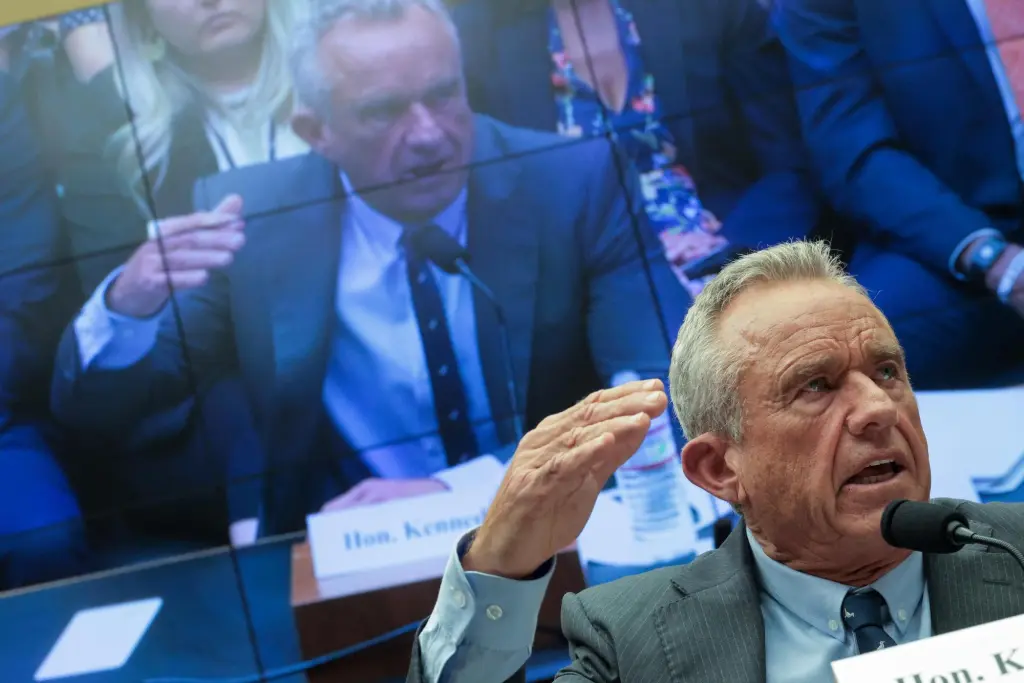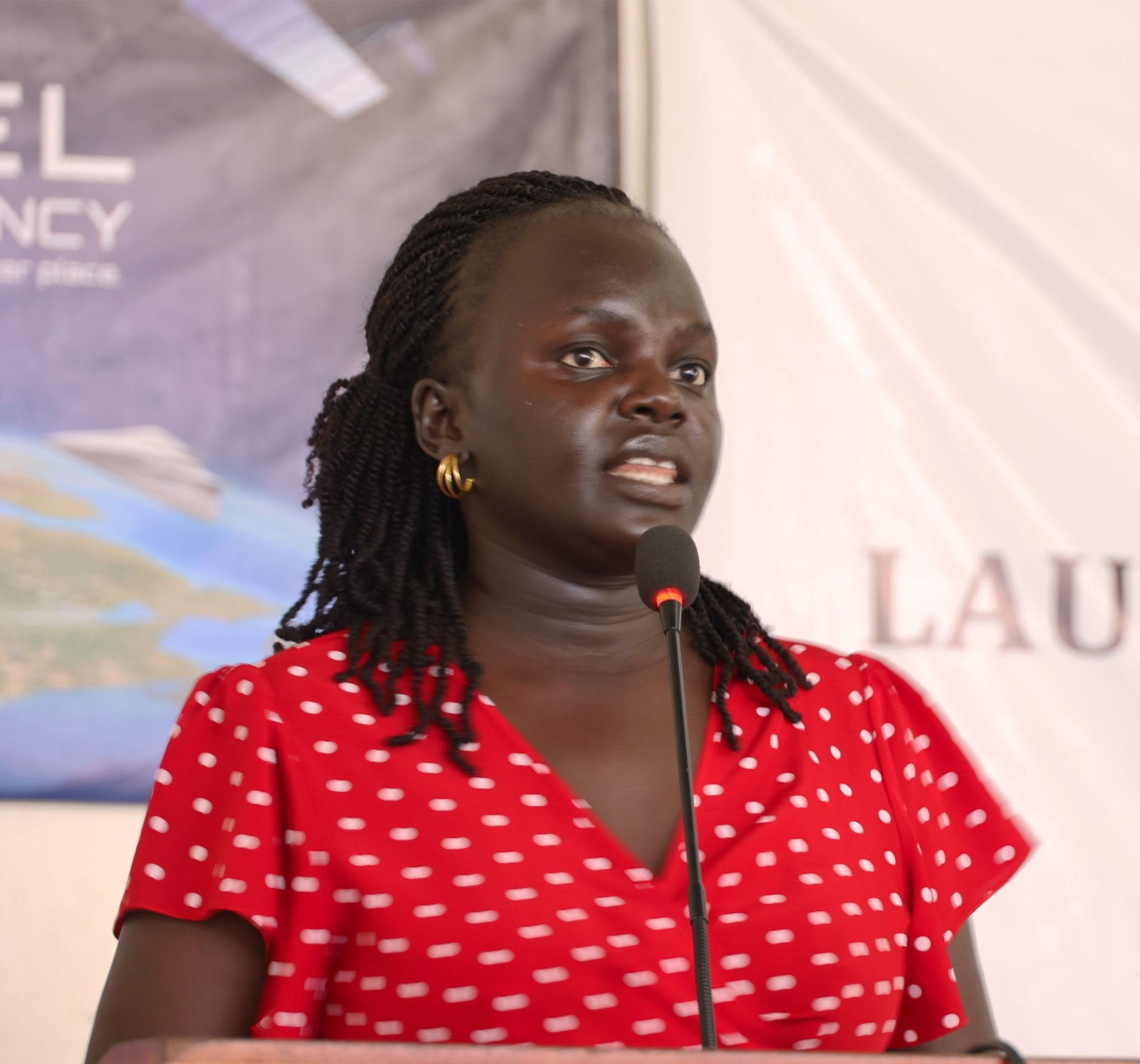
In the early 18th century a French zoologist, Jean-Baptiste Lamarck proposed a theory of so-called “soft inheritance” that predated Charles Darwin’s theory of evolution based on variation and natural selection. Lamarck believed that traits acquired during the lifetime of an individual organism can be passed on to the next generation. Two examples were often cited: 1) a blacksmith develops strong muscles and his offspring spontaneously have natural strength; 2) giraffes strained their necks to reach ever higher leaves and progressively longer necks were passed along over generations.
In short, heredity advancement driven by desire. Lamarkianism considered evolution as a process that drives species toward ever greater complexity. Darwinian evolution assumes that random mutations happen all the time. Over time, the population accumulates mutations and sometimes one of them confers an advantage to the species. The advantage can be obvious (e.g., able to run faster to catch prey) or obscure (able to digest a previously indigestible food). Unlike Lamarck’s vision, this process is not directed to more complexity (i.e., intelligence). It simply improves the ability to successfully compete in the existing environment of the time and location.
Efforts to find support for Lamarck’s concept generally met with failure. In contrast, today there are many million individual pieces of evidence in every branch of biology, all of which support and none of which refute the essential correctness of Darwin’s theory. At this point, life theoretically evolved in the same sense that the water is theoretically wet.
By the 1930s the newly emerging field of genetics was growing in popularity, based primarily on the studies of the Austrian biologist and Catholic abbot Gregor Mendel. At about this same time a Ukrainian agronomist and scientist named Trofim Lysenko developed an odd, pseudoscientific version of Lamarckianism that he promoted in preference to the Mendelian concepts of heredity. Lysenko’s ideas appealed to then Soviet Premier Josef Stalin, who believed that concept of self-driven improvement was a better fit for communist doctrine than Mendelian heredity. Lysenko was appointed as the director of the Institute of Genetics of the Soviet Academy of Sciences.
Lysenko leveraged his newfound power to suppress Soviet geneticists’ opinions and to discredit and imprison them. His invalid hypotheses were thus elevated to the level of state-sanctioned dogma. Geneticists were fired from their posts and rendered ruble-less. Hundreds and possibly as many as thousands of scientists were imprisoned, and some were sentenced to death – denounced as enemies of the state.
Implementation of Lysenko’s policies predictably led to a massive famine that killed literally millions of Ukrainians. Turns out potatoes cannot will themselves to be more productive for humans. In 1958 the People’s Republic of China adopted neo-Lamaarckianism, culminating in the Chinese Famine of 1959 to 1961. I recall as a kid that if I failed to eat all of my broccoli, my grandmother would tell me there were people starving in China. She was right, but it was all on Lysenko…not me. Lysenko’s policies crippled agricultural science in the Soviet Union for decades.
Any of this ring a bell? At least Lysenko was actually a scientist, albeit a misguided one. We currently have an HHS Secretary in Robert F. Kennedy Jr. whose dissemination of misinformation about vaccines in the form of books, commentaries and public announcements is now too voluminous to quantify. He has no foundation in vaccine development, monitoring of vaccine safety, efficacy and impact, documentation of actual vaccine adverse events (as opposed to fantasy injuries) or any other aspect of vaccine technology.
Some of his personal attacks warrant lawsuits for slander. He is so far out of his depth it would take him years to swim down to the level of his competence. He has fired literally 1,000’s of HHS employees, one assumes because they were actually trying to perform the jobs they were hired to do. He fired the Centers for Disease Control director, Susan Monarez, for refusing to promote directives that she knew were scientifically unsupportable.
Several other high-level CDC executives also resigned in solidarity. Carolyn Leavitt, White House Press Secretary and professional sycophant, defended the move because any member working in the federal government who disagrees with the president’s agenda should be “shown the door.” Susan Monarez and the scientists who followed suit are heroes. Billboards praising them to the heavens should be erected in every major city in the country. Thank heavens scientific integrity is still alive and well.
The impact of Elon Musk’s arbitrary DOGE cuts is palpable. I recently attended an international conference (on my own dime) where the low attendance by American scientists, particularly young scientists, was obvious. American colleagues who were able to attend invariably had horror stories to tell. Multi-year studies were interrupted and often unrecoverable, loss of support personnel to manage animal facilities and lack of resources to purchase mice, inability to purchase routine critical supplies and equipment. This has disabled U.S. public health to an unprecedented extent; international science will still progress, but the preeminent position enjoyed by the U.S. for more than a century could be sacrificed for good.
And all of this was directed by a person with zero interest in science, much less public health.
We cannot will away nonsense science like Kennedy’s or Lamarck’s any more than a giraffe can will its neck longer or a father make his kids stronger by lifting weights, so we must stand up to the bullies and fight for America’s scientific community.
D. Scott Schmid is an associate professor of molecular, cellular, and developmental biology at the University of Colorado.
Sign up for Sound Off to get a weekly roundup of our columns, editorials and more.
To send a letter to the editor about this article, submit online or check out our guidelines for how to submit by email or mail.



